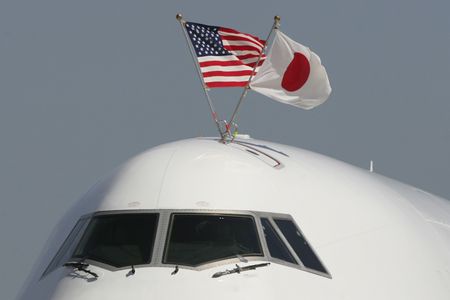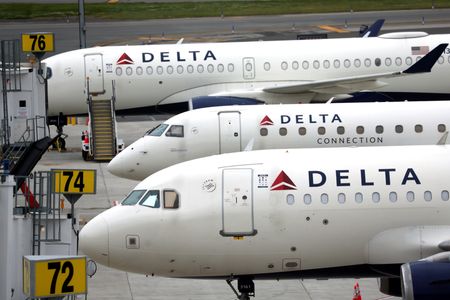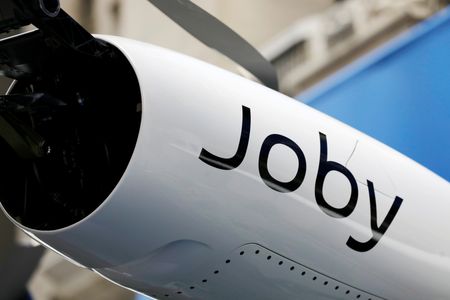By David Shepardson
WASHINGTON (Reuters) – The Federal Aviation Administration (FAA) and the Japan Civil Aviation Bureau (JCAB) agreed to partner on advanced air mobility certification and operations, the U.S. regulator said Tuesday.
The two countries in Tokyo were set to sign a declaration of cooperation to support future aircraft development and operation and formalizing ongoing discussions on certifying and validating new aircraft, production, airworthiness, operations, and personnel licensing.
The announcement comes as companies around the world are racing to develop and eventually win regulatory approval to deploy air taxis known electric vertical takeoff and landing aircraft (eVTOL).
“The FAA and the JCAB have enjoyed a long and strong working relationship, and that will extend into this new era of aviation,” said Acting FAA Administrator Billy Nolen in a statement. “Close collaboration with our international partners is critical to successfully and safely integrating these new technologies.”
The announcement follows the FAA’s announced partnerships with the United Kingdom, Canada, Australia and New Zealand in the National Aviation Authorities Network to harmonize certification and integration plans.
The low-altitude eVTOL urban air mobility aircraft has drawn a huge amount of interest around the world as numerous eVTOL companies have gone public.
Last week, Delta Air Lines said it invested $60 million in air taxi startup Joby Aviation for a 2% equity stake, in a partnership that initially plans to offer passengers air taxi transport to and from airports in New York and Los Angeles.
Airlines and others are looking at developing transport services using battery-powered aircraft that can take off and land vertically to ferry travelers to airports or on short trips between cities, allowing them to beat traffic.
Joby in May received its Part 135 Air Carrier Certification from the FAA, but before it can begin service will need additional regulatory approvals for its eVTOL aircraft, as well as for building airport infrastructure and so-called “Vertiports” in neighborhoods for takeoffs and landings. It hopes to receive approval to begin commercial flights in 2024.
(Reporting by David Shepardson; Editing by Simon Cameron-Moore)



